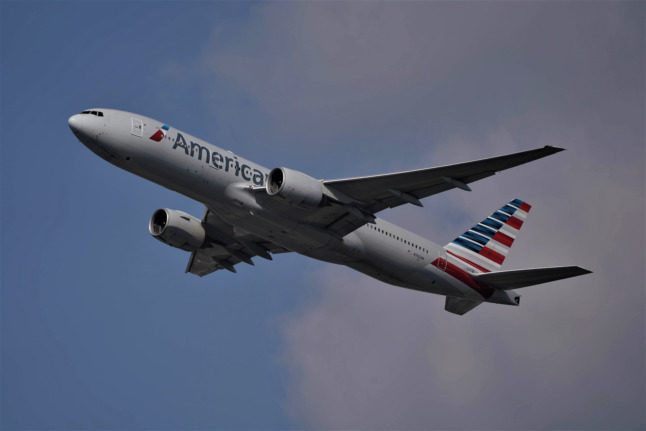Raoul Weil, 54, did not enter a plea in the case, but plans to plead "not guilty" before a Florida court at a hearing January 7th, said Weil's attorney, Aaron Marcu.
Weil, brought into the court in shackles and wearing a prison uniform, is the highest-ranking Swiss bank executive charged by American authorities in connection with alleged tax evasion activities.
"We are pleased that the court agreed that Mr. Weil should be released on bail," Marcu said in a message.
"We look forward to sitting down to work with him on preparing his defense."
Weil was extradited to the United States on Friday, five years after his indictment by a federal grand jury for his alleged role in overseeing cross-border business for UBS.
The Swiss national was arrested in mid-October after using his real name to check into a luxury hotel in Bologna.
The indictment against him alleges that Weil, who between 2002 and 2007 supervised UBS's overseas activities, and co-conspirators helped US customers conceal about $20 billion in assets from tax authorities.
Swiss banks are believed to have accepted tens of billions of undeclared dollars from US citizens, and a number are under US investigation.
Weil, who left UBS in 2009, has been relieved of the chief executive position he has held at Swiss wealth management firm Reuss Private Group since the beginning of the year.
The conditions of Weil's bail include depositing $4 million with the court as security, surrendering his passport and wearing an ankle bracelet, Marcu said.
He is not permitted to leave the US.



 Please whitelist us to continue reading.
Please whitelist us to continue reading.
Member comments